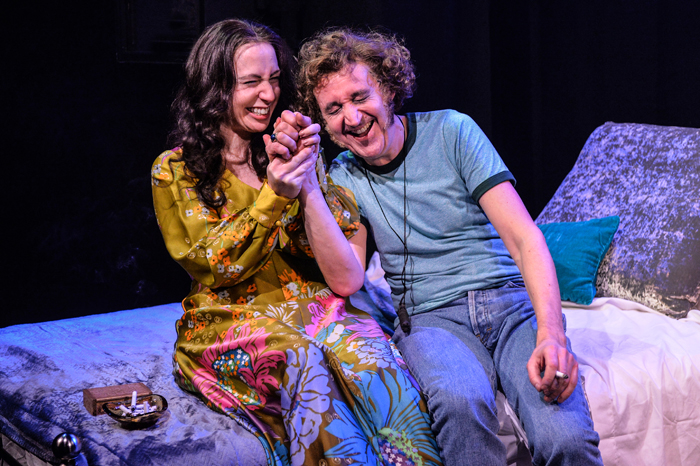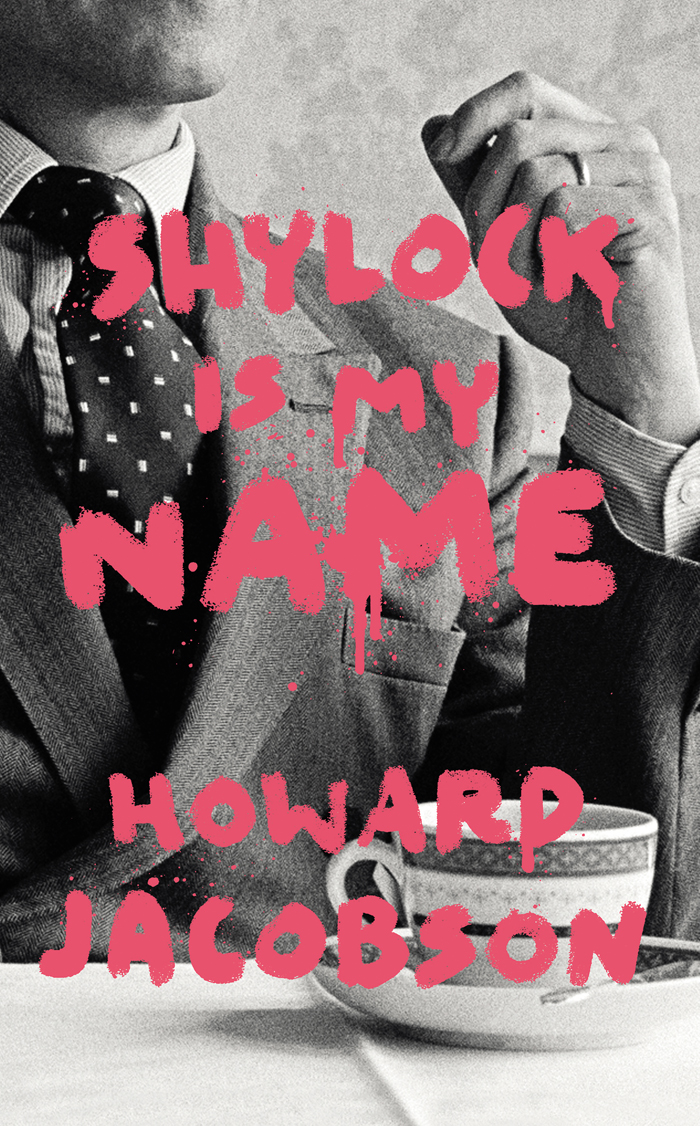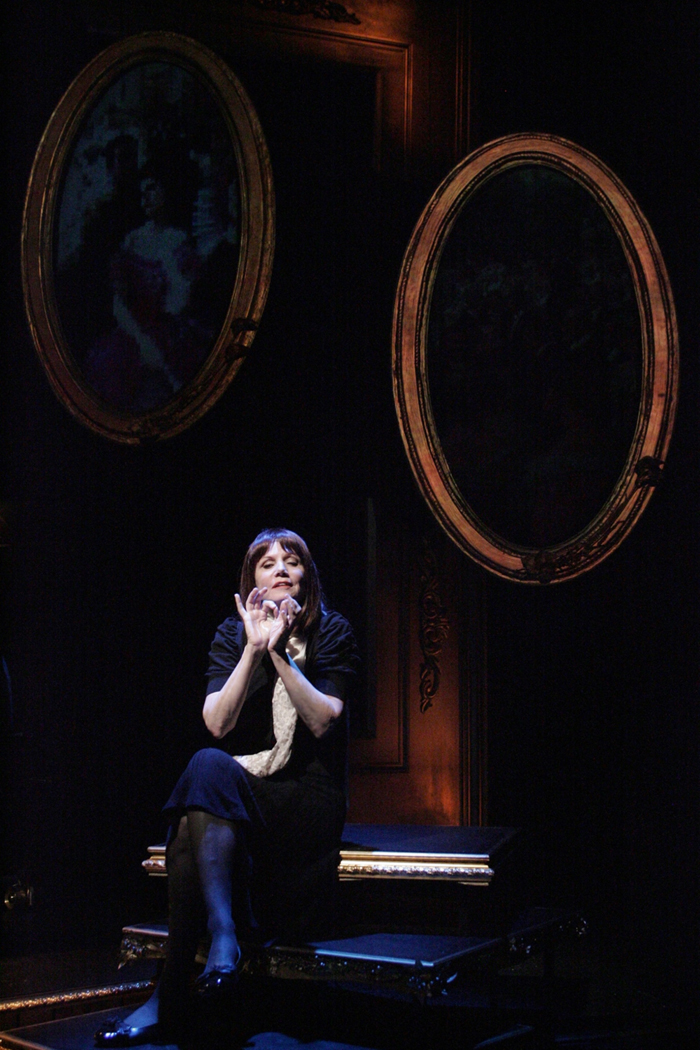 The year is 1919. The Great War is finally over and Poppy Wright, inspired by her suffragette teacher, arrives in London from the north of England to make her mark, rather than stay in service as a nanny. In the heart of the East End, in a back alleyway, she finds work in Smith’s tailoring and costumiers’ workshop. There she meets not only Smith, the Russian Jewish tailor with a Chinese past, but also George the chauffeur and war hero and Tommy Johns, the music hall female impersonator, also back from the trenches.
The year is 1919. The Great War is finally over and Poppy Wright, inspired by her suffragette teacher, arrives in London from the north of England to make her mark, rather than stay in service as a nanny. In the heart of the East End, in a back alleyway, she finds work in Smith’s tailoring and costumiers’ workshop. There she meets not only Smith, the Russian Jewish tailor with a Chinese past, but also George the chauffeur and war hero and Tommy Johns, the music hall female impersonator, also back from the trenches.
This beguiling, thought-provoking play, from the writer of the hugely successful Kindertransport, explores a time of change and opportunity after the cataclysm of the First World War and the subsequent influenza flu pandemic, when all classes questioned their subsequent lives and their roles in a new, modern era. Poppy is increasingly entranced by the freedoms held out by the suffragette movement, at the same time as falling in love with George, while the supportive Smith consoles Tommy as he attempts to reconcile with a wife and child he has not seen for years.
David Holmes lighting works magic with Ruari Murchison’s open set, all brickwork and fabric storage, with costumes flying above that are flights of fancy in themselves – plus the all-important piano – to create an enchanted space in which the unexpected can happen. And perhaps taking a cue from Polonius’ saw “the clothes doth oft proclaim the man”, she explores how those garments can be used as ‘shape-changers’ to fashion an individual’s image The sound and composition by Gwyneth Herbert, reflecting, as she says the “bawdy music hall, the rhythm of sewing machines and shadowy, uneasy echoes" wonderfully evokes the world of possibilities in which the four characters dwell.
Jennie Darnell directs Samuels’ exploration of gender identity and new possibilities in a changing world with a charmingly light and good-humoured touch that never preaches or lectures. Together Darnell and Samuels conjure the pathos of the fading music hall and its artistes after the Great War. Nadia Clifford’s luminous warm-hearted Poppy captures a woman starting to open her mind to those new possibilities, and teetering on the brink of exploring life with George, swaggering Rebecca Oldfield, comfortable in her skin and her chauffeur’s braces and trousers. Jacob Krichefski , an imposing bushy presence, beautifully conveys Smith’s exotic past and intriguing hinterland; and multi-talented actor/musician Mark Rice-Oxley gives an outstanding and deeply affecting performance as Tommy, believably making up tunes and lyrics on the hoof.
Twenty years after its first incarnation as Turncoat, a one-act play Samuels wrote for young people’s company Theatre Centre, in an increasingly gender blind world, she reminds us that it's still good to dare to leap into the unknown and to question our roles. And there's no better place do that than in the former music hall that is the current Watford Palace Theatre.
By Judi Herman
Poppy + George runs to 27 February, 7.30pm & 2.30pm, £12-£22.50, at Watford Palace Theatre, 20 Clarendon Rd, WD17 1JZ; 01923 225671. http://watfordpalacetheatre.co.uk
Listen to Diane Samuels on JR OutLoud discussing Poppy + George and her new oratorio, Song of Dina.















